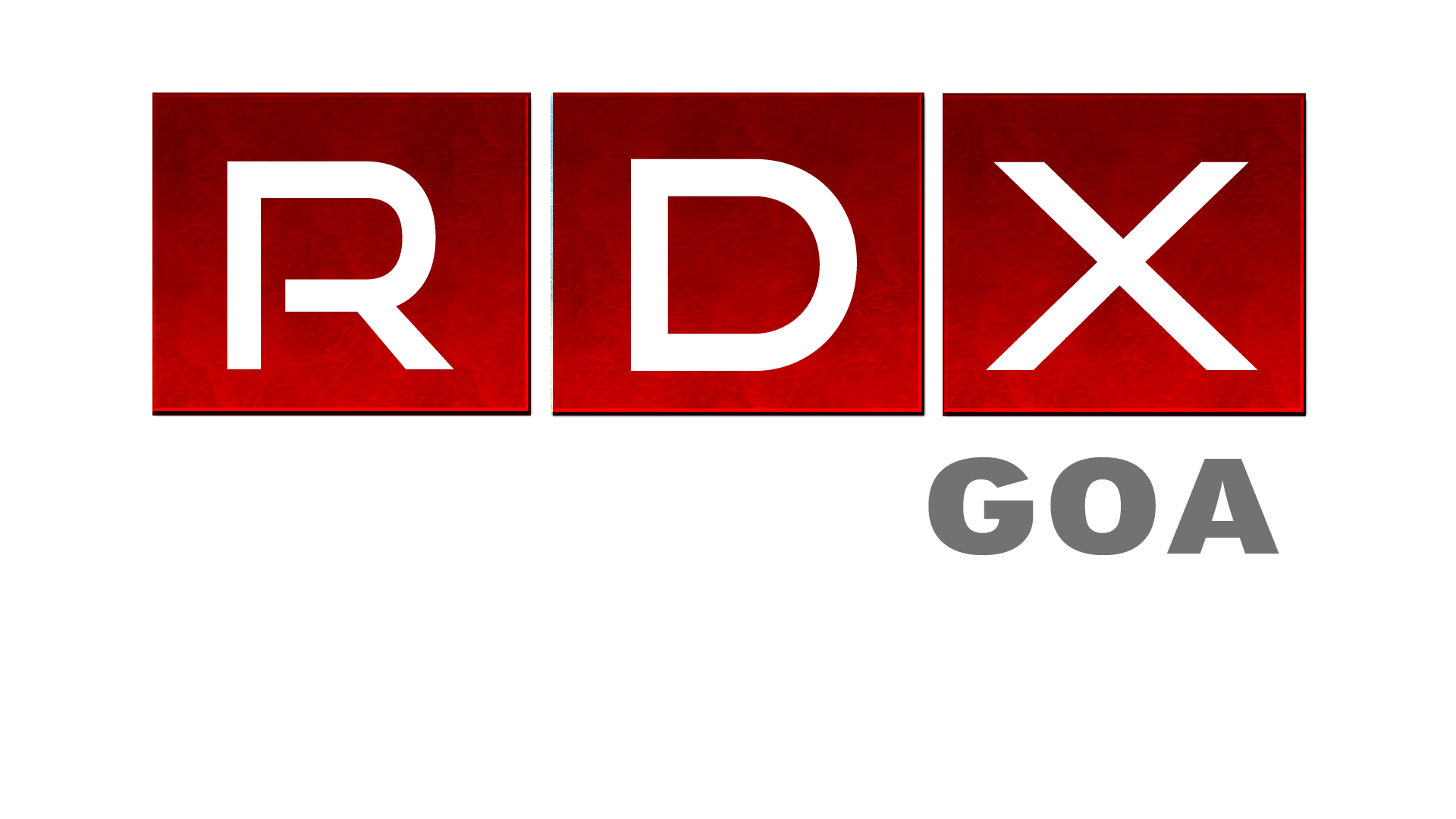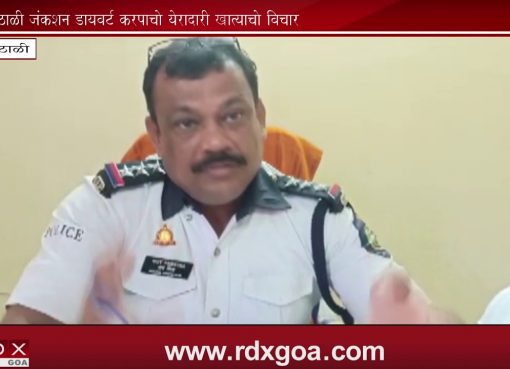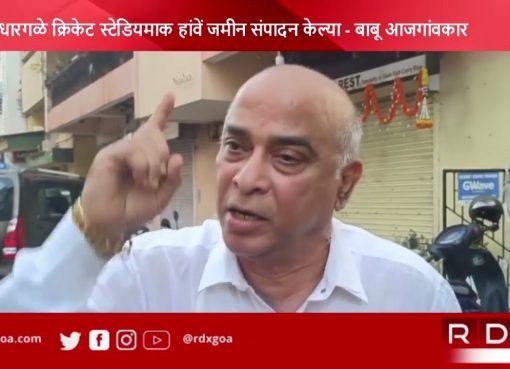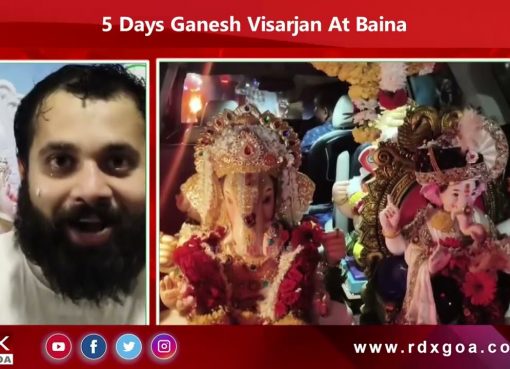Making a strong plea to educationists to find out the soul of Ayurveda, experts at the global Ayurveda conclave today stressed the need for creating an Ayurveda Education Policy as part of the New Education Policy (NEP) 2020 and addressing the issue of paucity of trained teachers in the sector.
This is the right time to think Ayurveda on global perspective and plan and act locally to achieve global position, the speakers said while speaking at a session on ‘Ayurveda education in the light of New Education Policy’ at the 4-day 9th edition of the World Ayurveda Congress (WAC) & Arogya Expo 2022, which concluded here today.
The December 8-11 conclave was organised by World Ayurveda Foundation, an initiative of Vijnana Bharati, with the support of the Ministry of AYUSH and Govt. of Goa.
Dr Jayant Deopujari, President, National Commission for Indian System of Medicine (NCISM), New Delhi, said Ayurveda has academicians but it lacks trained educationalists and this drawback has to be addressed seriously.
“It is essential to look into how we can club with formal and informal education system in Ayurveda. We have completed training of more than 3,000 teachers and a team of 100 trained educationalists are ready to enter the sector,” he informed.
Dr Deopujari said progressive unfoldment of knowledge can be included as soul of Ayurveda and urged the stakeholders to prepare for innovations in the sector to become relevant in future.
Proposing for multi-level certification programme for Ayurveda course, Shri B S Prasad, President, Board of Ayurveda, NCISM, said there is a need to restructure or reform Ayurveda educational programmes to align with the NEP 2020 without losing its soul.
Prof Sanjeev Sharma, Vice Chancellor, National Institute of Ayurveda Deemed to be University (NIADU), Jaipur, said, “One of the drawbacks of our education system is that we tend to focus on those who are succeeding in exams instead of looking at those who fail.”
He said currently the number of untrained teachers is increasing with lack of skills, dedication and soft skills and it is vital that teachers be imparted with formal training.
Dr Anuradha Choudry, Coordinator, Indian Knowledge Systems (IKS) Division, Ministry of Education, said IKS has launched textbooks to be used as primary material for teaching universal human values, and it has been introduced by All India Council for Technical Education (AICTE) in its model curriculum.
Dr Choudry said IKS Division has established 13 IKS Centres across the country with a view to catalysing original research, education and dissemination of the IKS.
She also informed that IKS had supported 36 research proposals from various institutions across the country to undertake research in interdisciplinary areas of IKS.






